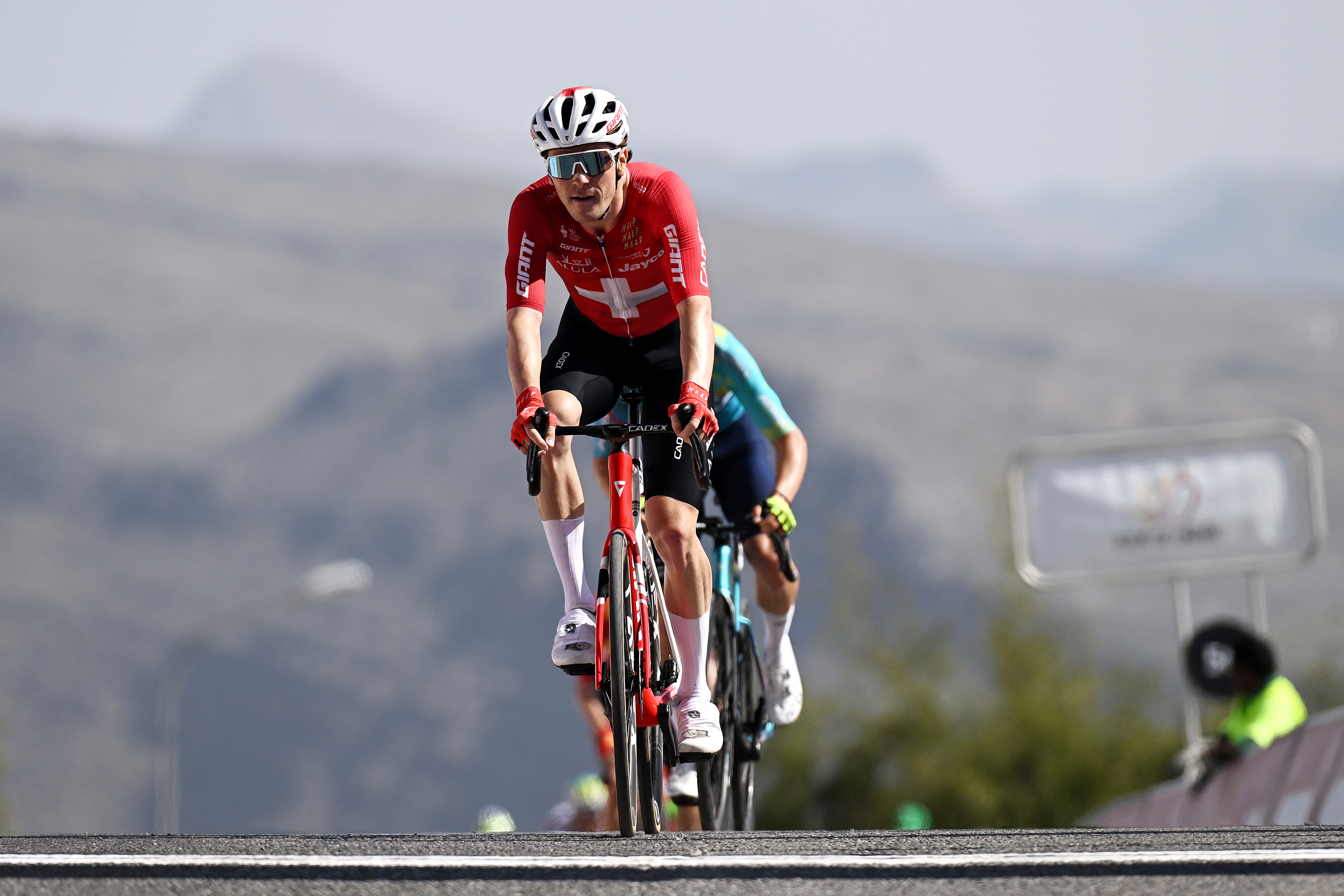Ullrich not dwelling on his past, 20 years after Tour de France victory
'You cannot get life imprisonment for mistakes made more than ten years ago'
The latest race content, interviews, features, reviews and expert buying guides, direct to your inbox!
You are now subscribed
Your newsletter sign-up was successful
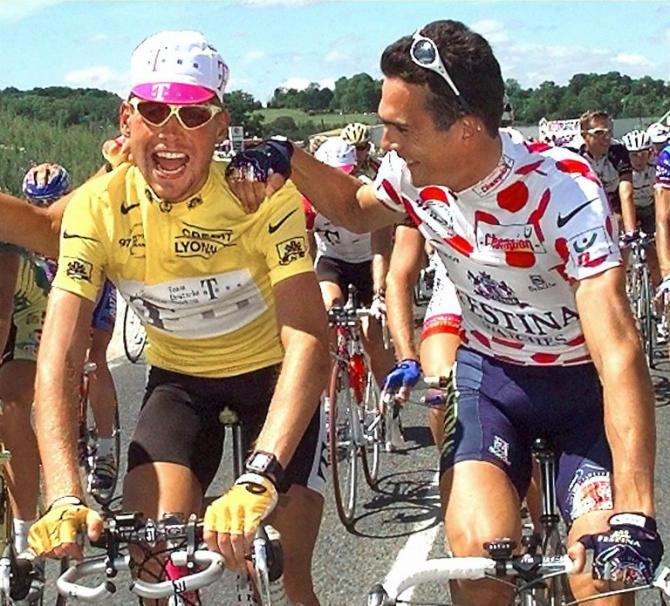
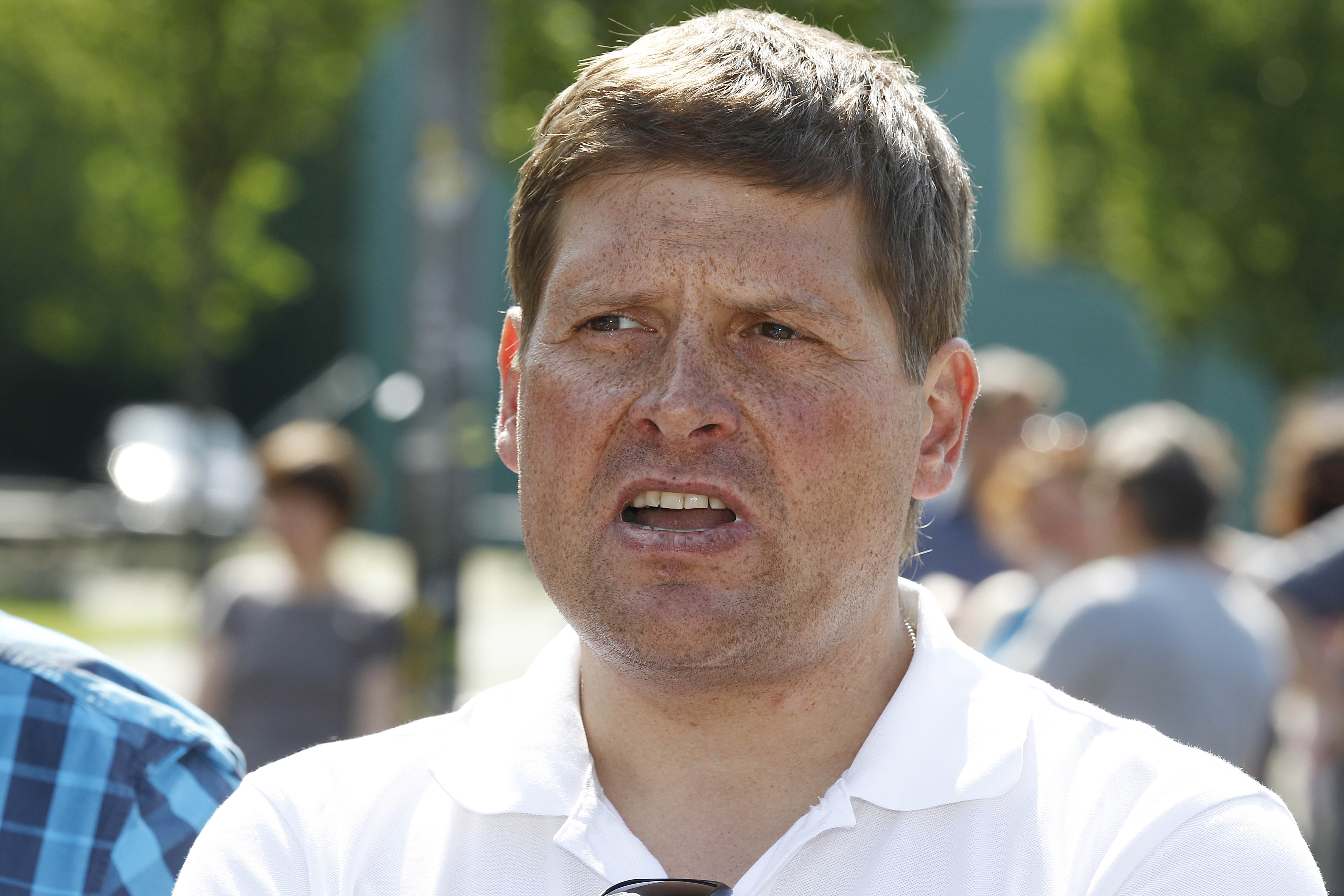
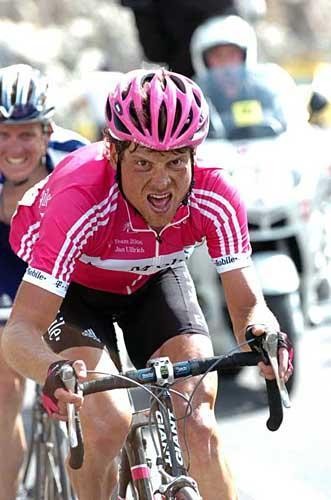
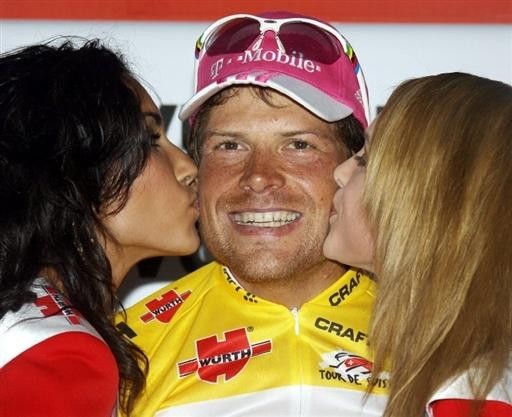
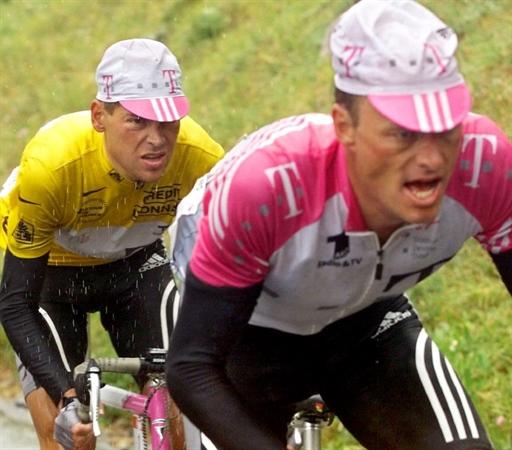
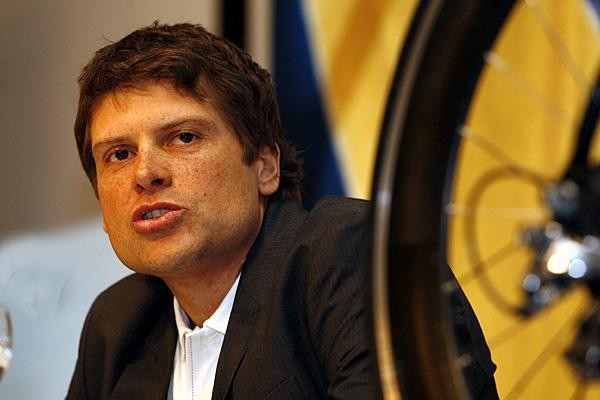
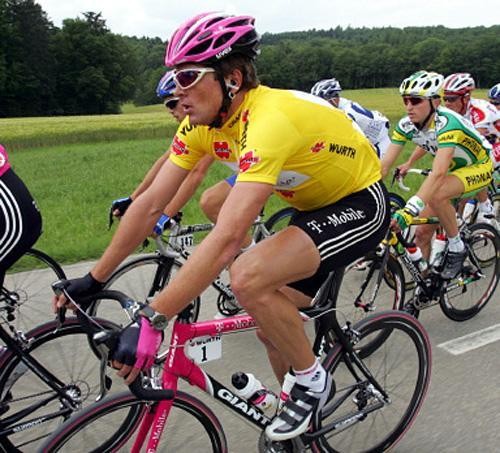
The absence of Jan Ullrich from the Grand Depart of the Tour de France in Düsseldorf has sparked huge debate, with Lance Armstrong one of many to highlight the hypocrisy of other former dopers working on the race or attending as VIP guests, while the only German winner of the Tour has not been invited.
Jan Ullrich comes in from the cold
Ullrich steps down from Rund um Koln role after media criticism
Jan Ullrich not invited to Tour de France Grand Depart in Dusseldorf
Ullrich needs to deal with his past but deserves a second chance, says Kittel
Contador: I don't want to rely on feats to win the Tour de France
Porte: Phones off and friendships put aside for Tour de France
The 1997 Tour winner was not invited by race organiser ASO and will instead mark the 20th anniversary of his historic win by taking part in a charity race in Bocholt, according to his friend and former teammate Andreas Klöden in an interview with the Frankfurter Allgemeine newspaper.
Ullrich's ties to the EPO era of cycling have left him somewhat of a pariah in the German and global cycling community. The Court of Arbitration for Sport (CAS) banned him for two years in 2012 because of his connections to the Operación Puerto investigation of Spanish doctor Eufemiano Fuentes and he has never fully explained how much he doped during his career and expressed sincere remorse.
Speaking to L'Equipe in a long interview, Ullrich explained that has preferred to keep a low profile and remain away from professional races out of choice. He still offers only partial admission of any wrongdoing and still feels he has been overly criticised and targeted by the German media. He is now happy spending time with his young family. He has moved on from his troubled career as a professional athlete and has rediscovered the simple joy of riding a bike.
"I'm proud of what I achieved, proud of my record, because I won some great races except the Giro. All this belongs to the past and it will never take away the love I have for this sport. Today, when I see a rider dominating against the others, it never comes to my mind to say: 'Look, he's surely doped. Never.'"
Ullrich describes himself as older and wiser compared to when he was the star of German cycling and considered a national hero.
“You can not imagine how difficult it is to flourish in a country like Germany when you are a champion. You are always observed, solicited, judged and, at the same time, you also have think about cycling," he explained, recalling the pressures of his youth after winning the 1997 Tour de France.
The latest race content, interviews, features, reviews and expert buying guides, direct to your inbox!
"I had a very bad time, because I could not refuse interviews like Armstrong. He could afford to pick journalists, give ten minutes of talk, not one more. I never knew how to do it, which did not always help me.
"I think that I remain the number one. I am still the only one to have won the Tour de France! The public has not forgotten that," he said defiantly. "My only regret is that I could not bid farewell normally, the events of the time precipitated my withdrawal. That still hurts today."
Ullrich is still critical of the way the German media treated him and the sport after the truth about his doping emerged.
"A part of the press refuses to be enthusiastic [about cycling], as if one were still to live with this feeling of guilt, the same one that followed the war. I know that the German public, the cycling fans, would like to see me more but some journalists prefer to hide what could give me a little happiness. They have enormous power in Germany, even that of having sponsors give up investing in cycling. But I'm convinced today that the German public has understood what I'm really like. You cannot be sentenced to life imprisonment for mistakes made more than ten years ago."
Responsibility for the problems that followed
Like many riders, Ullrich refuses to accept responsibility for the huge doping scandals of the nineties. He simply believed he was not doing anything wrong or anything that many of his rivals were also doing at the time.
"It is difficult to see myself as responsible for everything that has happened. Cycling as a whole is guilty of what happened. The fact of us having paid for our mistakes now allows the new generation to be rid of this scourge," he suggested.
"I didn't imagine that I was doing anything wrong. I always tried not to do wrong but the biggest mistake I made was obviously to go to meet Dr. Fuentes. But I repeat, I didn't feel that I was acting alone, the context of cycling at that time meant that, unfortunately, we did not feel guilty. I told myself that I was not the only one in the pack doing this and that we all found ourselves on an equal footing, because we were all cheating in the same way."
Ullrich revealed that he occasionally speaks to fellow German Tony Martin and remains proud that his career in some way helped inspire the current generation and Germany's deep rooted love for cycling.
"I've met Tony Martin and we talked a lot. I've also read that I'd been the idol for riders like John Degenkolb. Thanks to me, they had wanted to become pros. That touches me deeply," Ullrich said.
"I also think that my generation, that of T-Mobile, greatly inspired the cycling economy in Germany. When I see the number of bicycles costing 5000 euros that are sold in Germany every year and all these cyclo-sports organized across the country, I think that's good. We have left some traces, there is a real passion for this sport.
"My performance generated a turnover of two billion euros in the cycle industry. The German sponsors like Bora and Alpecin have understood that and are gradually settling into cycling, because it is a very profitable sport."

